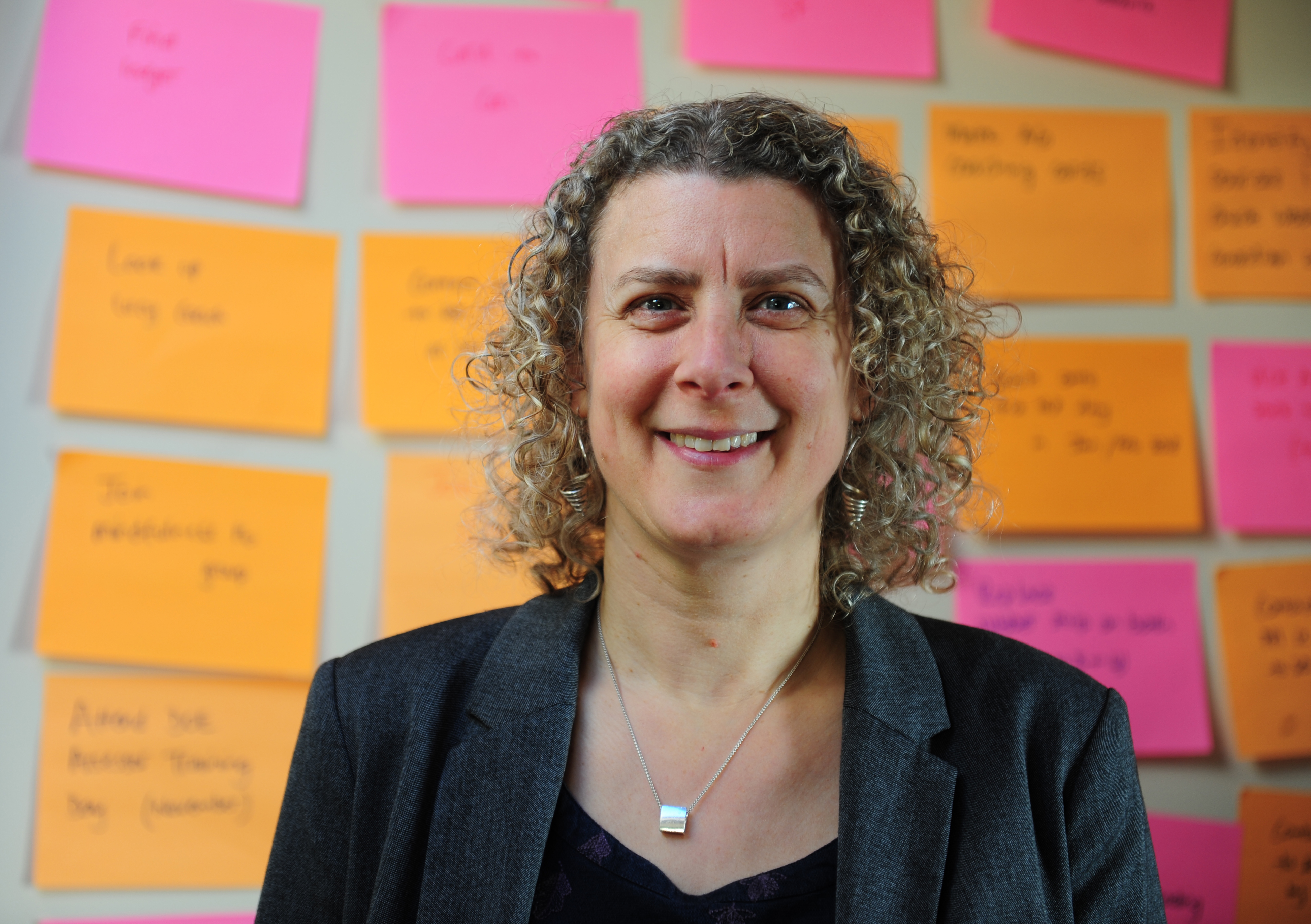You're at the point where you're metaphorically on your knees - everything about work is feeling negative. You're stressed and anxious and quite frankly just want to walk away. You're not enjoying your free time as you can't switch off. Things are not great!
It's a really tough decision isn't it? What do you do now? Do you stay until you find another job or do you leave now without a new job to go to?
First of all, it's a really personal decision and there isn't a 'right' or 'wrong', only a decision based on you doing your best at any given time. Life is a series of decisions and this is just one of them.
In my experience of working with clients in this position, the two main factors that will keep us unhappily employed until we've found another job are:
- Our finances
- Fear

